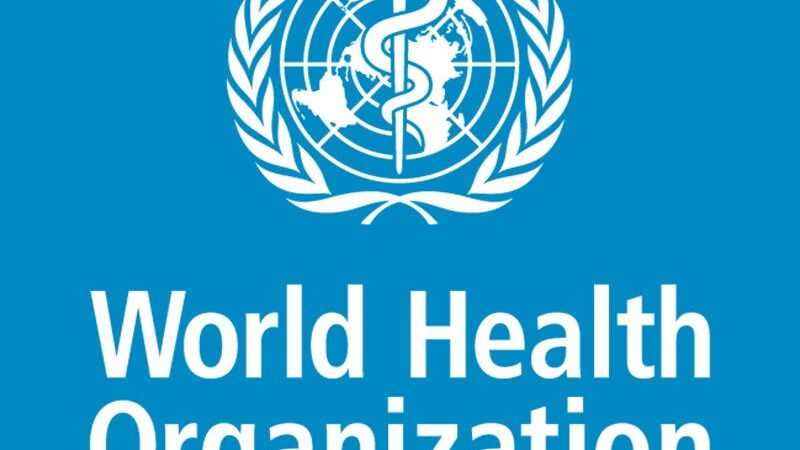
We are the directing and coordinating authority on international health within the United Nations’ system. We do this by: providing leadership on matters critical to health and engaging in partnerships where joint action is needed; shaping the research agenda and stimulating the generation, translation and dissemination of valuable knowledge; setting norms and standards and promoting and monitoring their implementation; articulating ethical and evidence-based policy options; providing technical support, catalysing change, and building sustainable institutional capacity; and monitoring the health situation and assessing health trends. Leadership priorities For each 6-year programme of work priority areas are identified where our leadership is most needed.
- Job Type: Full Time
- Qualification: MBA/MSc/MA
- Experience: 7 years
- Location: Abuja
- Job Field: NGO/Non-Profit, Project Management
OBJECTIVES OF THE PROGRAMME
- The objectives of WHO’s emergency programme are to design and implement programmes that prepare the health cluster to prevent, prepare for, detect, rapidly respond to and recover from outbreaks and emergencies. This ensures that WHO’s critical functions, as outlined in the Emergency Response Framework (ERF), are fulfilled..
DESCRIPTION OF DUTIES
The incumbent will perform all or part of the following, and other related responsibilities as required by the needs of the office
In the context of the WHO Health Emergencies Incident Management System (IMS), the incumbent manages the Health Cluster coordination mechanism in the relevant sub-national, emergency context, with all relevant partners and project staff.
- Coordinates and guides the technical and operational inputs, including resources mobilization, to fulfill WHO’s critical functions, in collaboration with the WHO Health Cluster Coordinator and the Health Emergencies’ Team Lead.
- Technically leads the health cluster’s systematic identification and monitoring of health risks and needs, as well as the planning and implementation of the most effective prevention, control, and response strategy and measures, in support of national and local health authorities’ identified priorities
- Guides the building of national capacity through need identification, and development, operationalization, and implementation of required training plans.
- Guides the WHO’s field support team on continued self-assessment and learning on planning, budgeting, and operational service delivery.
- Determines staffing needs for WHO response and ensures their timely mobilization in liaison with the WHO country office.
- Briefs the WHO country office on situation reports and events, bringing concerns and recommended courses-of-action to the attention of the Incident Manager.
- Perform all other related duties as assigned by the direct supervisors and the WHO Representative.
REQUIRED QUALIFICATIONS
Education
Essential
- An advanced university degree in public health or public-health discipline, management, emergency, humanitarian, disaster management or related field from an accredited/recognized institute.
Desirable
- Specialized training in emergency management; specific training in humanitarian response.
Experience
Essential
- A minimum of seven years of work experience relevant to the position (public-health management and operations with public, national, and international, nongovernmental, or humanitarian organizations), with some of it obtained in an international work environment..
- A minimum of two years of relevant experience in emergency management/response and leadership at the international level. Substantial experience in capacity building in a developing country. Experience in developing and promoting collaborative partnerships especially in emergency contexts
Desirable
- Experience in coordinating and implementing public health strategies with WHO and/or United Nations agencies, health cluster partners in emergency settings.
Skills
Demonstrated knowledge of public-health, and rapid response operations including the international emergency incident management system.
- Mastery of the theory, principles, methods, and techniques in the international emergency incident management system.
- In-depth knowledge of health and safety rules.
- Knowledge of the country’s public health context, policies, and priorities.
- Demonstrated expertise in the assessment of emergency or high-risk situations, and the conceptualization and implementation of responsive strategies.
- Skills to maintain focus in crisis situations.
- Strong interpersonal skills, including tact and a collaborative work style.
- Demonstrated ability to lead multidisciplinary and multinational teams in emergency settings